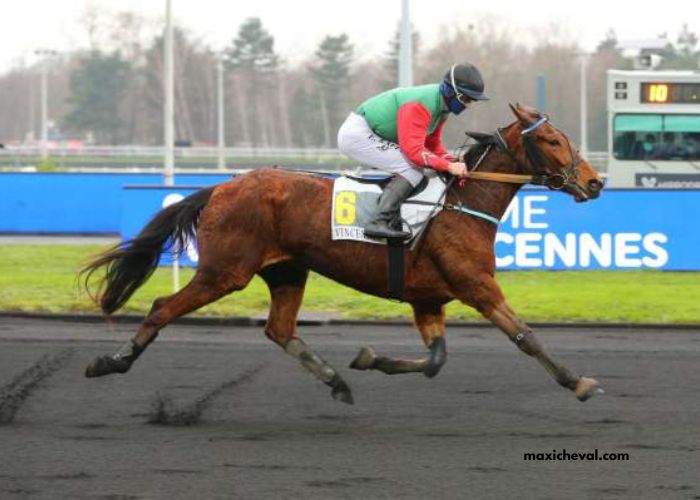The history of sports is a fascinating journey that reflects the cultural, social, and technological advancements of human civilization. From the rudimentary competitions of ancient societies to the highly organized and commercialized sports of today, the evolution of sports is a testament to our innate desire for competition, entertainment, and physical excellence. Discover the latest Babaijebu results, games, and betting options on our website. Get all the information you need to play and win big.
Ancient Beginnings
Sports in ancient times were deeply intertwined with religious and cultural rituals. The earliest known sports activities can be traced back to 3000 BC in Mesopotamia, where early forms of boxing and wrestling were depicted in artwork. Similarly, in ancient Egypt, archery, swimming, and various ball games were part of daily life and ceremonial events.
One of the most iconic symbols of ancient sports is the Olympic Games of ancient Greece, which began in 776 BC in Olympia. These games were held in honor of Zeus and featured events such as running, long jump, shot put, javelin, boxing, and chariot racing. The Olympic Games were not only a showcase of physical prowess but also a means of fostering unity and peace among the often-warring Greek city-states.
Medieval and Renaissance Sports
The medieval period saw the rise of chivalric sports such as jousting and tournaments, which were popular among the European nobility. These events were not only displays of martial skill but also social gatherings that reinforced the hierarchical structure of feudal society. Archery, fencing, and hunting were other popular activities during this time.
The Renaissance period brought a renewed interest in classical antiquity, leading to the revival of ancient sports and the development of new ones. The spread of humanism emphasized the importance of physical education, and sports became a key component of the curriculum in many European schools.
The Birth of Modern Sports
The 19th century marked a significant turning point in the history of sports. The Industrial Revolution brought about profound social and economic changes, including increased leisure time for the working class. This period saw the formalization and codification of many sports, leading to the establishment of standardized rules and governing bodies.
In England, sports such as cricket, rugby, and football (soccer) gained immense popularity. The founding of the Football Association in 1863 codified the rules of soccer and set the stage for the sport’s global spread. Similarly, the establishment of the Rugby Football Union in 1871 formalized the rules of rugby.
Across the Atlantic, baseball emerged as America’s pastime in the mid-19th century, with the first professional team, the Cincinnati Red Stockings, forming in 1869. Basketball, invented by James Naismith in 1891, quickly became a popular indoor sport.
The Globalization of Sports
The 20th century witnessed the rapid globalization of sports, driven by advancements in transportation and communication. The modern Olympic Games, revived in 1896 by Pierre de Coubertin, became a symbol of international unity and competition. The FIFA World Cup, first held in 1930, grew to become the most watched sporting event in the world.
Television and later the internet revolutionized sports broadcasting, bringing live events to millions of viewers worldwide. The commercialization of sports led to significant financial investments, with sponsorships, advertising, and media rights becoming major revenue sources.
Contemporary Sports and Future Trends
Today, sports are a global phenomenon with billions of fans and participants. Major sports leagues such as the NFL, NBA, and Premier League command massive audiences and generate significant economic impact. The rise of esports has added a new dimension to the world of sports, with competitive gaming attracting millions of spectators and players.
Technological advancements continue to shape the future of sports. Innovations in sports science, wearable technology, and data analytics are enhancing athlete performance and changing how sports are played and watched. Virtual reality and augmented reality promise to create immersive fan experiences, while blockchain technology is being explored for its potential to revolutionize sports betting and fan engagement.
Conclusion
The evolution of modern sports is a dynamic and ongoing process that reflects broader societal trends and technological advancements. From ancient religious rituals to global spectacles, sports have continually adapted to meet the changing needs and interests of humanity. As we look to the future, the enduring appeal of sports as a source of entertainment, inspiration, and community is certain to endure.




